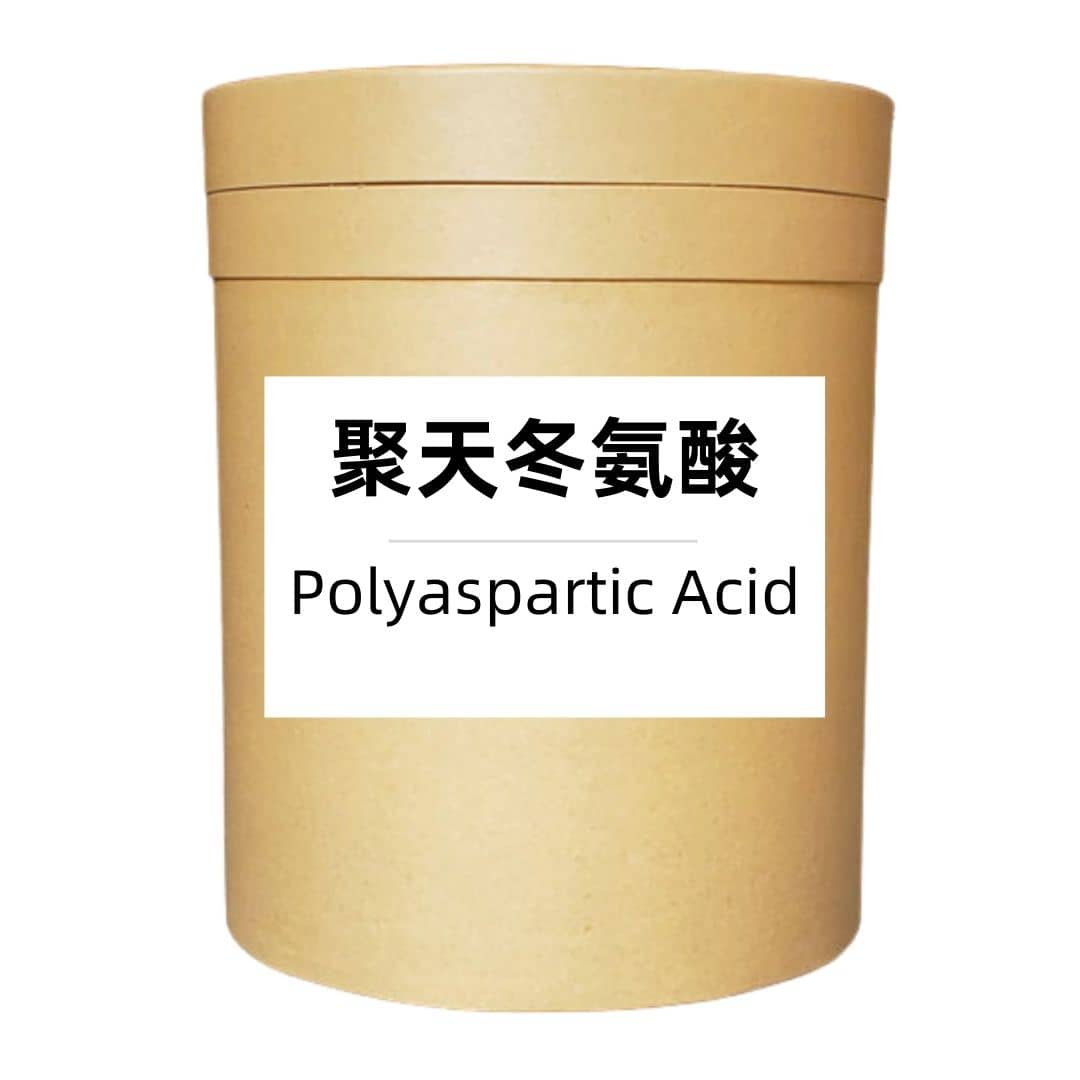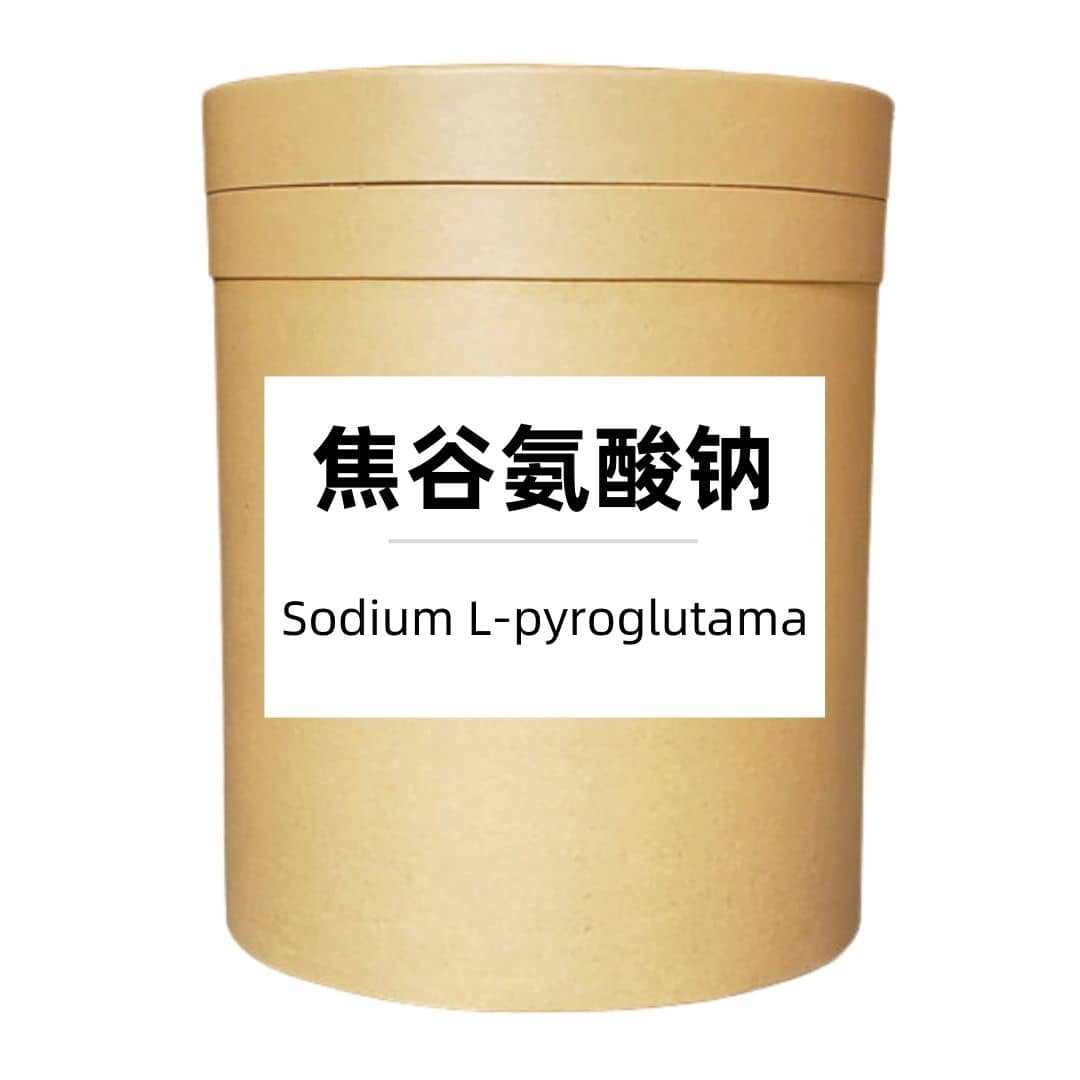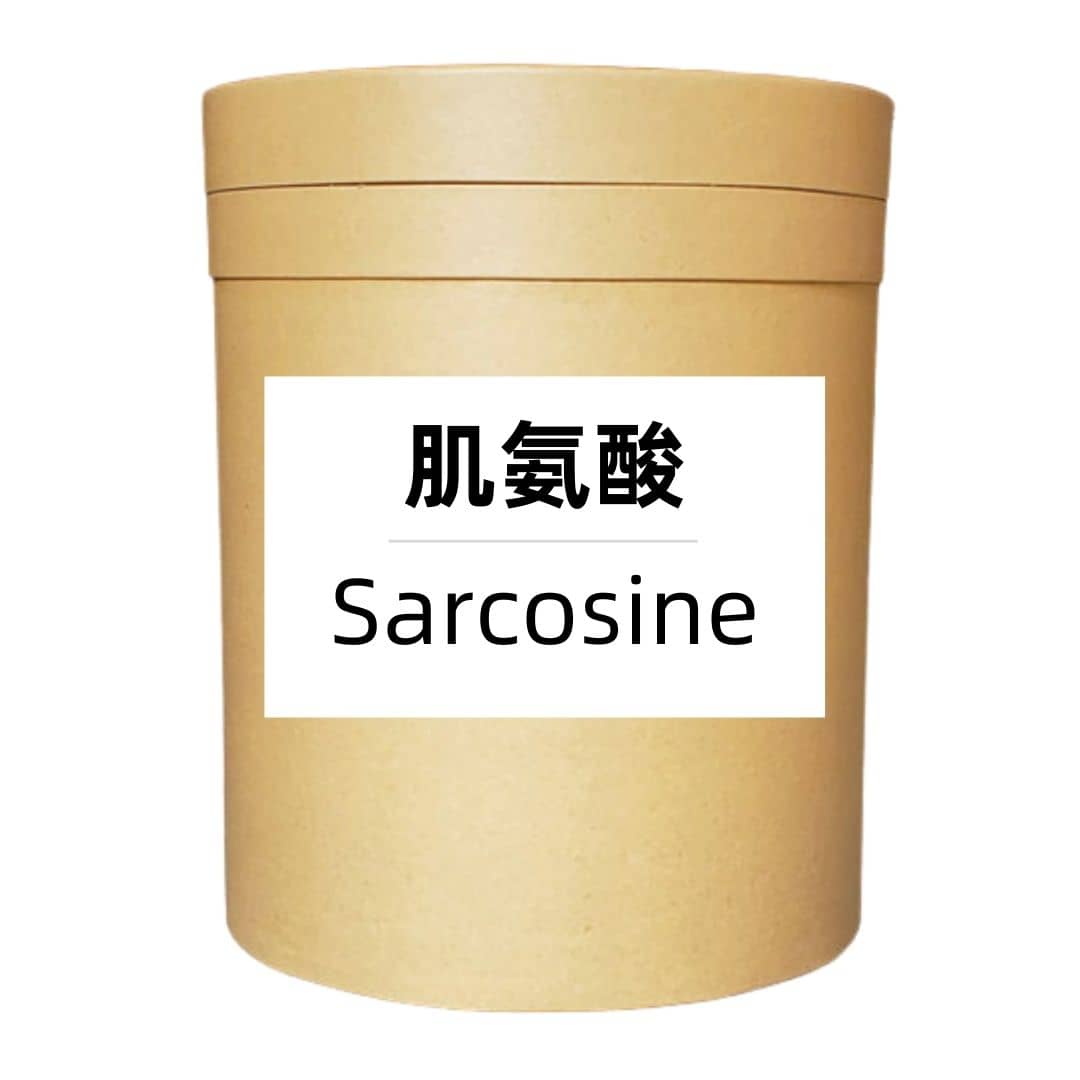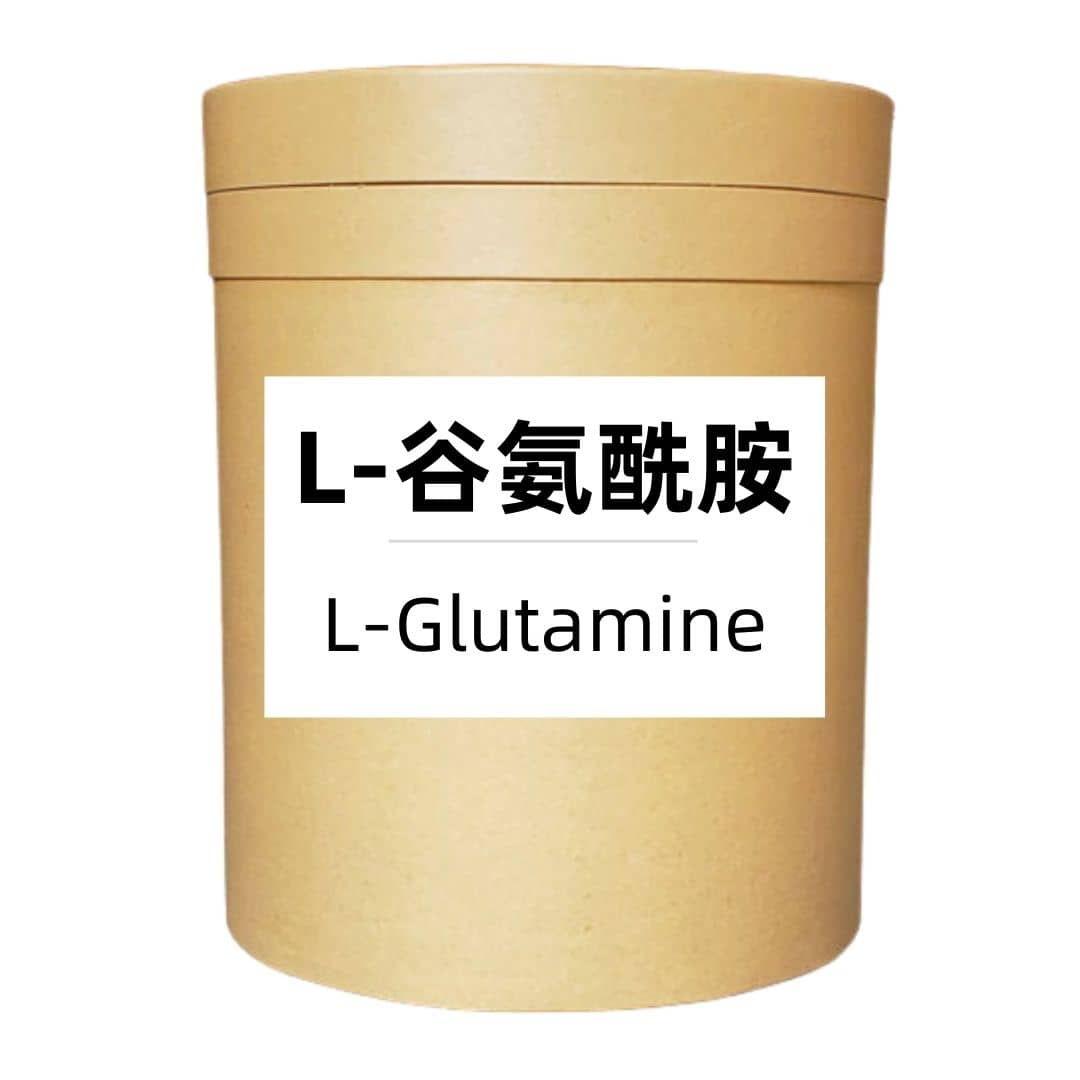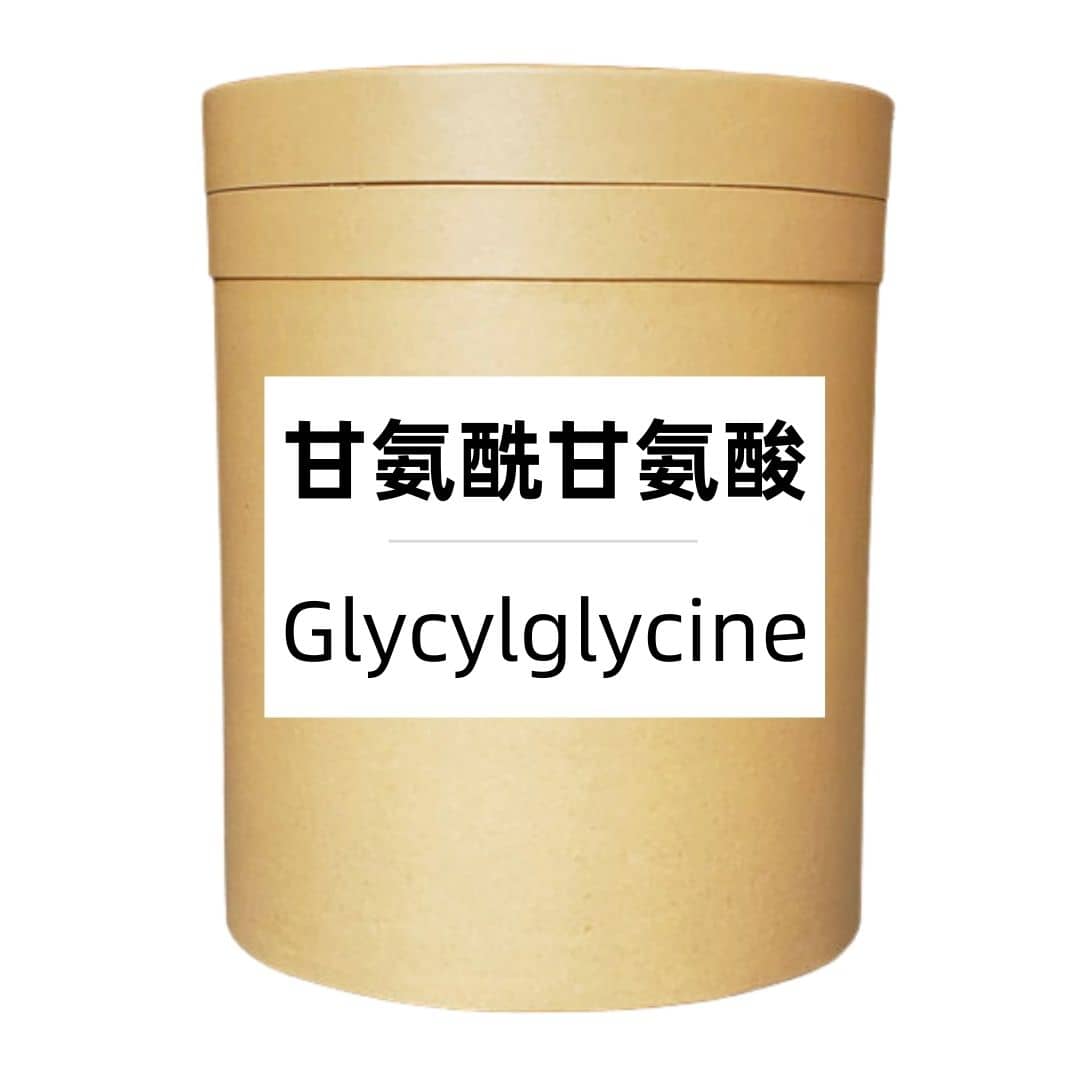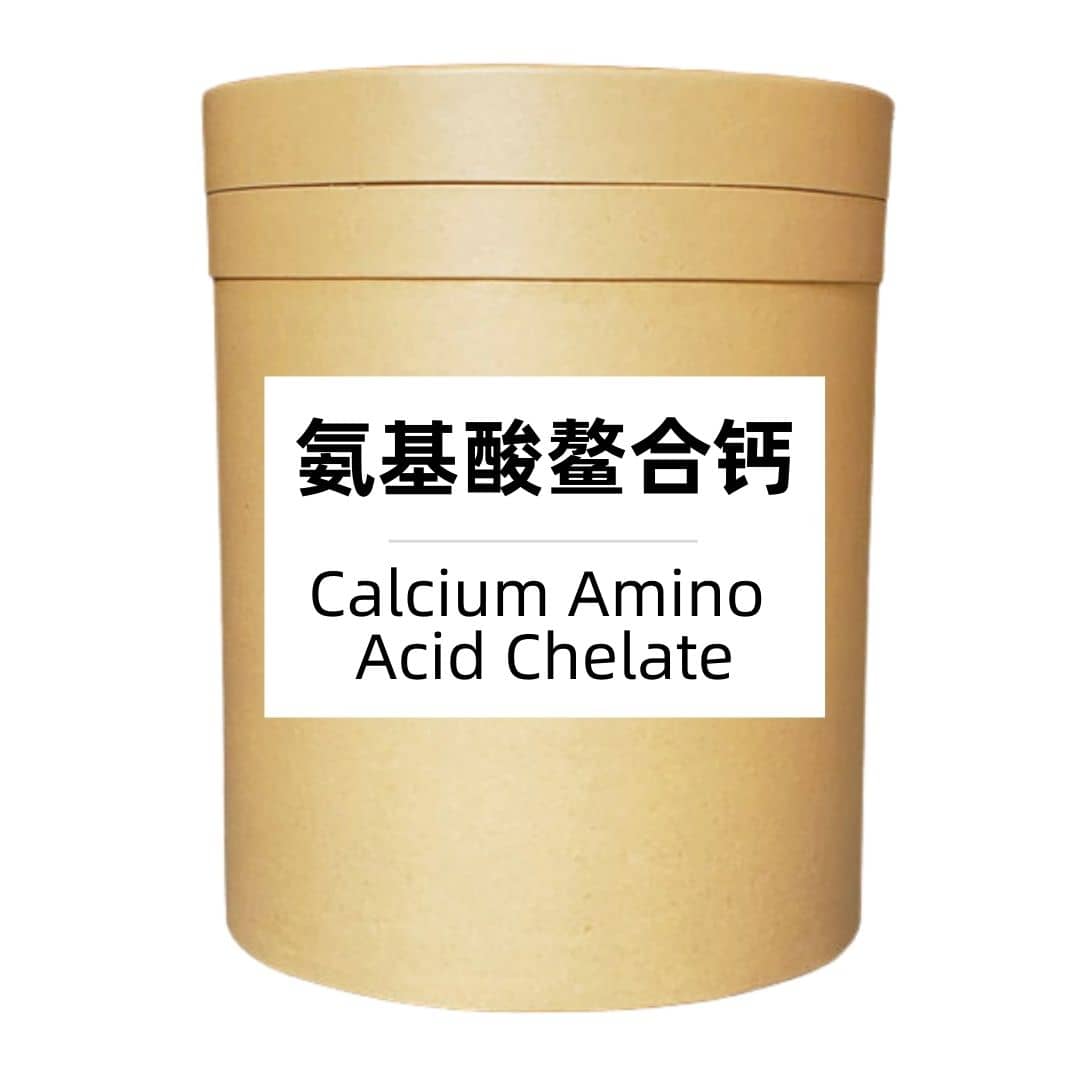Product Introduction
Polylysine is a naturally occurring amino acid polymer made from the polymerization of lysine. It is a biodegradable, cationic polypeptide that is utilized in various applications due to its unique antimicrobial properties. This product is mainly used in the food industry for preservation, as well as in biomedical fields for its potential to improve product stability and enhance the efficacy of drug delivery systems.
Production Process
The production of polylysine typically begins with the fermentation of lysine-producing microorganisms. During this process, the lysine molecules undergo enzymatic polymerization to form polylysine. The resulting product is then purified to remove impurities and ensure that it meets quality standards. The purification process often includes several methods such as filtration, precipitation, and freeze-drying to concentrate and stabilize the polylysine.
Effects and Functions
Polylysine is known for its antimicrobial effects, which are due to its positive charge and ability to disrupt bacterial cell membranes. This property makes it effective in extending the shelf life of food products by inhibiting the growth of spoilage microorganisms. Additionally, polylysine can enhance moisture retention in food products, which improves texture and freshness. Its biocompatibility allows for its use in drug delivery and tissue engineering applications.
Application Scenarios
Polylysine is commonly used in the food industry as a natural preservative to inhibit microbial growth in various products, such as meats, dairy, and baked goods. In the biomedical sector, it is applied in drug delivery systems and wound healing products to improve efficacy and safety. Polylysine can also be found in cosmetics, where it serves as a stabilizer and preservative, while its film-forming properties are utilized in coatings for pharmaceuticals.
Packaging and Storage
Storage Conditions: The product should be sealed, protected from light, kept away from high temperatures, and stored in a dry, cool, and well-ventilated place.
Packaging: Bulk: 25 kg per fiber drum. Sample: 1 kg per aluminum foil bag. Custom packaging is available upon request.
Shipping Methods: FedEx, DHL, dedicated logistics, and sea freight consolidation.
Shelf Life: Two years.
Monica Sun possesses extensive technical expertise and market insights in the food additives industry. She excels in designing efficient and safe additive formulations tailored to various food applications, ranging from sweeteners to functional dietary fibers. Monica has successfully assisted food manufacturers in optimizing ingredient combinations to enhance product quality and improve consumer satisfaction.









